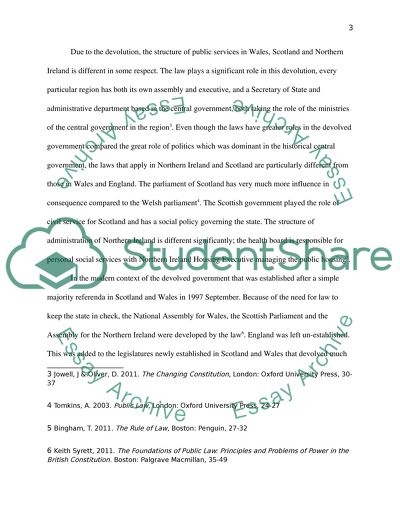Cite this document
(“Law and State Essay Example | Topics and Well Written Essays - 2500 words”, n.d.)
Retrieved from https://studentshare.org/law/1474008-law-and-state
Retrieved from https://studentshare.org/law/1474008-law-and-state
(Law and State Essay Example | Topics and Well Written Essays - 2500 Words)
https://studentshare.org/law/1474008-law-and-state.
https://studentshare.org/law/1474008-law-and-state.
“Law and State Essay Example | Topics and Well Written Essays - 2500 Words”, n.d. https://studentshare.org/law/1474008-law-and-state.


